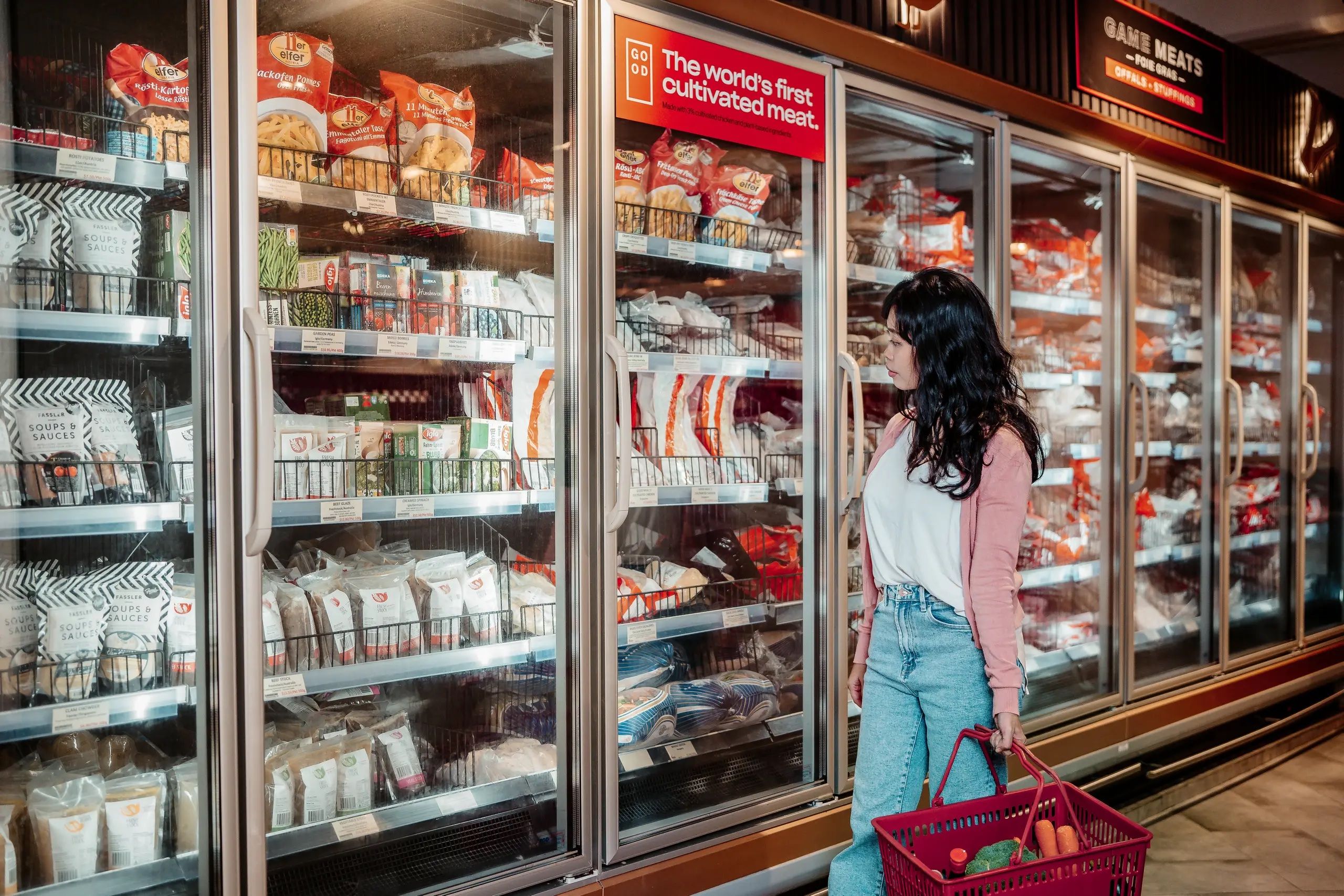News
Cultivating acceptance for cultured meat
June 9, 2025
KANSAS CITY — Singapore — a small island nation — and Dubai — a rapidly growing emirate in the desert where sandstorms and daytime temperatures as high as 120°F restrict agriculture production — import more than 90% of their food. This is not sustainable. These are the regions that will benefit from scientific advancements in food production, including cultured meat, a product officially banned in Alabama and Florida.
Understanding cellular agriculture
Precision fermentation technology has been around for a little more than 30 years. Today it is on an accelerated pathway to commercialization in many developing countries, as it is recognized for its potential in feeding the growing population and saving the planet by producing food and food ingredients in more earth-friendly manners. It’s already used to make a number of food ingredients, including natural flavors, rennet, vitamins and stevia. But it is recent advancements in cellular agriculture — the process of using precision fermentation to produce genuine animal proteins without slaughter — that is fueling interest and innovation.
“There is a direct line between food production, climate, socioeconomic opportunities and equity. How we make our food is one of the foundational ways to change the world around us,” said Nicki Briggs, vice president of corporate communications, Perfect Day, Berkely, Calif., and chair of the Precision Fermentation Alliance (PFA). Founded one year ago, the PFA serves as an industry voice and global convener for this emerging industry.
READ THE FULL STORY


